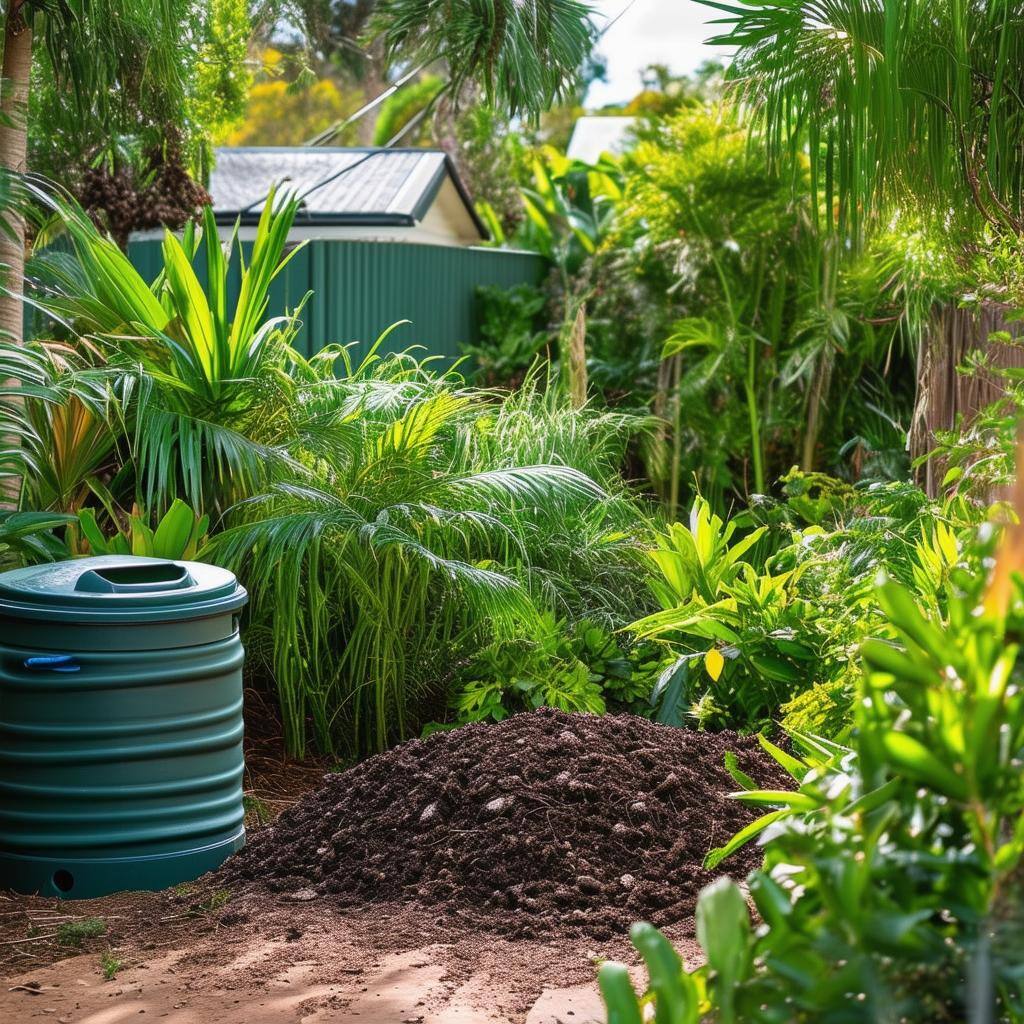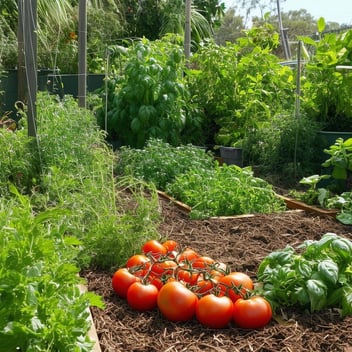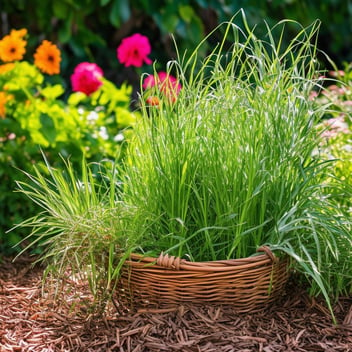Composting in SE Qld: A Beginner’s Guide to Healthy Soil
Introduction
In the heart of Southeast Queensland, where the subtropical climate fosters lush landscapes, composting emerges as a pivotal practice for nurturing healthy soil. Beyond its environmental virtues, composting transforms organic waste into a rich, life-sustaining resource, promoting sustainability and resilience in our gardens and communities.
Understanding Composting
At its core, composting is the natural process of recycling organic matter, such as kitchen scraps and yard waste, into a valuable soil amendment. This decomposition is driven by microorganisms that break down materials, resulting in humus—a dark, nutrient-rich substance that enhances soil structure, fertility, and moisture retention.
The Climate of Southeast Queensland
Southeast Queensland's subtropical climate, characterized by hot, humid summers and mild, dry winters, significantly influences composting dynamics. The warm temperatures accelerate microbial activity, expediting decomposition. However, the region's seasonal rainfall necessitates vigilant moisture management to prevent overly wet or dry compost conditions.
Starting Your Composting Journey
Embarking on composting begins with selecting a method that aligns with your lifestyle and space. Options include:
- Compost Bins: Ideal for urban dwellers with limited space, these contain and insulate compost, maintaining consistent conditions.
- Tumblers: These enclosed systems facilitate easy turning, enhancing aeration and speeding up decomposition.
- Compost Piles: Suitable for those with ample outdoor space, allowing for larger volumes and flexibility in material addition.
Materials for Composting
Successful composting hinges on the balance of green and brown materials:
- Green Materials (Nitrogen-rich): Include fruit and vegetable scraps, coffee grounds, and fresh grass clippings. These provide essential proteins for microbial growth.
- Brown Materials (Carbon-rich): Comprise dry leaves, straw, cardboard, and paper. They supply energy and structure to the compost pile.
Avoid adding meat, dairy, fats, diseased plants, and pet waste, as they can attract pests and introduce pathogens.
Maintaining Your Compost
To cultivate a thriving compost system:
- Balance: Aim for a ratio of approximately two parts brown to one part green materials to maintain optimal decomposition.
- Moisture: Keep the compost as damp as a wrung-out sponge. In Southeast Queensland's climate, monitor moisture levels, especially during heavy rains or dry spells.
- Aeration: Regularly turn or mix the compost to introduce oxygen, which is vital for aerobic microorganisms that drive decomposition.
Common issues include foul odors, indicating excess nitrogen or moisture, and slow decomposition, often due to insufficient aeration or an imbalance of materials.
Harvesting and Using Compost
Compost is ready when it is dark, crumbly, and earthy-smelling, typically after several months. To enrich your soil:
- Application: Spread compost over garden beds, mix into potting soil, or use as mulch to suppress weeds and retain moisture.
- Integration: Incorporate compost into your gardening routine to enhance plant health, boost yields, and reduce reliance on chemical fertilizers.
Community Composting Initiatives in Southeast Queensland
Engaging with local composting programs can amplify your efforts:
- Green Solutions Wide Bay: This facility in Bundaberg transforms green waste into nutrient-rich compost, offering free disposal for residents and supporting sustainable agriculture.
- SOILCO's Organics Processing Facilities: With sites in Tweed and planned expansions in Pinkenba and Bromelton, SOILCO processes food and garden organics, contributing to regional recycling targets.
Participating in these initiatives fosters community engagement and environmental stewardship.
Conclusion
Embracing composting in Southeast Queensland not only revitalizes your garden but also contributes to a sustainable, resilient environment. By transforming organic waste into a valuable resource, you play a crucial role in nurturing the health of our soils and the vibrancy of our communities. Begin your composting journey today and cultivate a greener future for Southeast Queensland.




